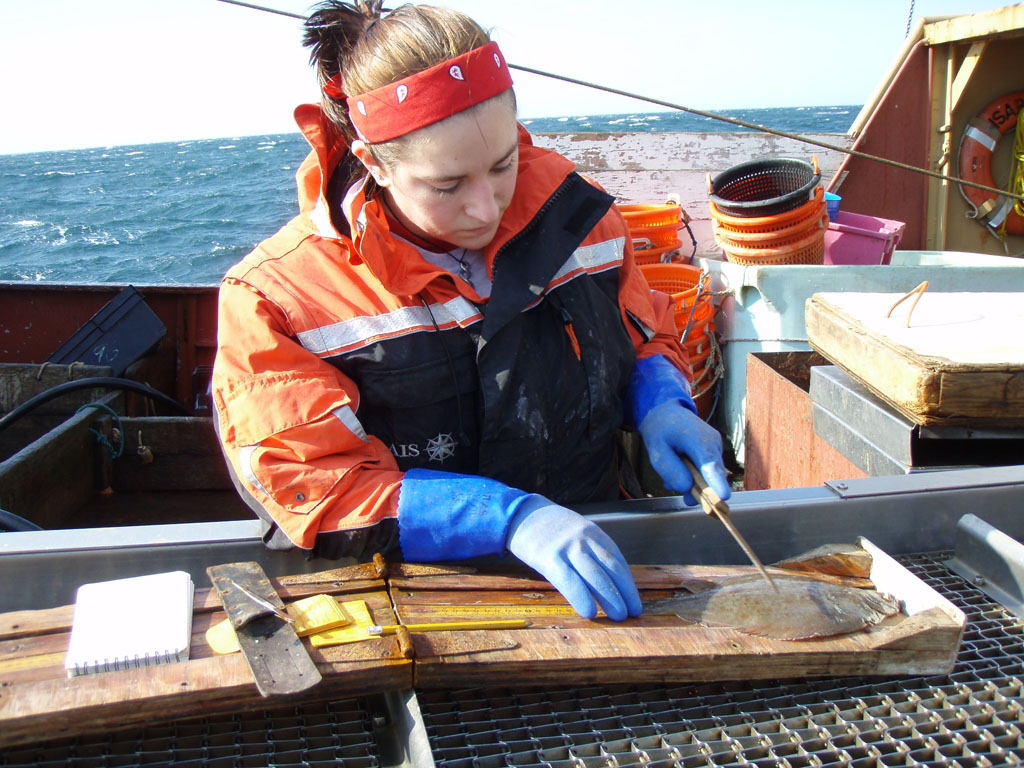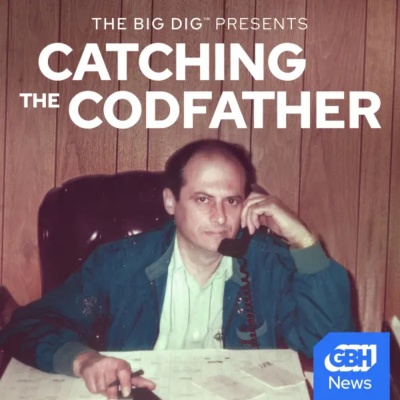I was shocked that NF would publish such an inflammatory opinion piece as the recent editorial, “A hard look at NOAA’s observer program” (Dock Talk, NF March ’18, p. 7). This kind of rhetoric only serves to divide. Observers have always unfairly been the brunt of frustrations that fishermen experience between their own self-interests and that of the National Marine Fisheries Service management.
Like it or not, these are public resources, and NMFS has a responsibility to manage these resources not just for the benefit of current fishermen, but also for future generations. The agency faces the difficult and challenging task of balancing these interests. There are numerous factors that influence how NMFS balances these interests, but observers should not become a political scapegoat when fishermen become angry with a management decision. Observers provide a critical role in collecting independent, third party data for use in stock assessments. The very reason observers came to be was to provide independent and objective data because fishermen could not be trusted to look beyond their own self-interest. Observers provide unbiased data, but it is not up to them how the agency or public uses this data. I would like to respond to several erroneous statements and mischaracterizations in this article:
- Observers shouldn’t have to degrade themselves by “looking for a ride.” There are many ways NMFS could support the professionalism of observers. Observers shouldn’t have to “look for a ride.” They should be randomly assigned and, yes, if you refuse, you should definitely be fined or not allowed to fish. How a vessel is chosen should not fall on the observer. For an observer to have to walk the docks at 4 in the morning is dangerous, degrading to the observer, full of bias and indicates a fly-by-night operation. Vessels should be notified by NMFS and the observer arrangements made between NMFS, the vessel and the observer provider.
- To protect the resource, it has to be monitored continuously. The author clearly does not understand the concept of monitoring a fishery. You can’t just go out one time and apply it to future extractions. The ocean is rapidly changing, so a continual input of what is being removed and the collection of biological life history information is needed to monitor long-term population changes. It’s critical to protecting the resource.
- The need for a “middle man” is a bone of contention. It is true that there are problems with the outsourcing of observer providers, which have compromised observer professionalism and safety, besides whatever other perceptions fishermen have of this system. But having fishermen hire observers directly is an absurd notion. NMFS has steadily recused itself from the responsibility of observer safety and professionalism by vetting this task to for-profit observer companies, some which have contracts directly with the vessels, rather than with NMFS. This has caused many problems for observers as well, adding bias to observer placement, and reducing accountability when something goes wrong. Clearly this system shields NMFS from accountability. If observers were federal employees, they would have fair labor protections guaranteed by law. Regardless of whether your readers value federal employees, guaranteed fair labor standards increase professionalism and safety of not only observers but also of their experience on these vessels and would likely increase an observer’s value of their own professionalism.
- The fishing industry shares responsibility for hygiene. Regarding the spreading of bedbugs, surely the fishing industry must share this responsibility. Northeast fishing vessels fortify their medical kits with Narcan to reverse drug overdoses, which indicates vessels regularly hire drug addicts. Drug addicts likely share responsibility for the lack of hygiene standards on vessels. Some observers refuse to sleep in the bunks because they’re so nasty. In places where bedbugs are a major problem, such as Hawaii, observers must freeze all of their sampling equipment and belongings between boats. The fact that vessels don’t also follow this practice is likely the culprit for the spread of bedbugs.
- Observers are not crewmen. The author’s “solution” of requiring the salary of the observer to be based on how much the vessel catches is an absurd distortionof the observers’ role and would introduce corruption and bias. There is solid legal precedence of this, not to mention that nobody would trust the data.
- Observers are adequately insured. There has never been a case where a vessel has “lost everything” because of an observer injury, despite findings of vessel negligence.
By publishing this grossly inaccurate and disrespectful article, National Fisherman has shown a lack of editorial control over fact and fiction with regard to the link between fisheries monitoring, the role of observers and the protection of marine resources. Please maintain respect in your publication and don’t encourage your readers to carry out their frustrations of fisheries management systems on observers.







